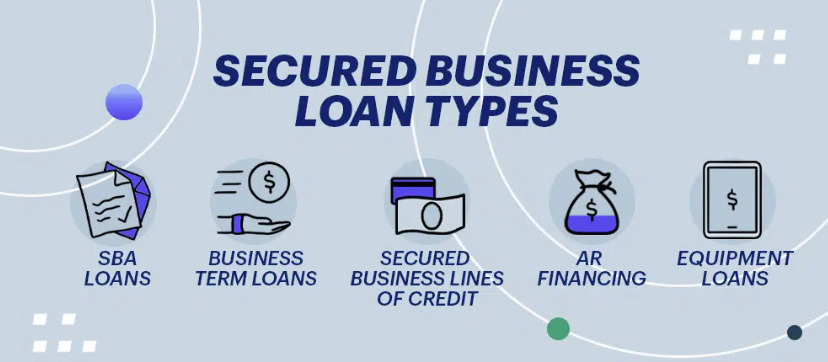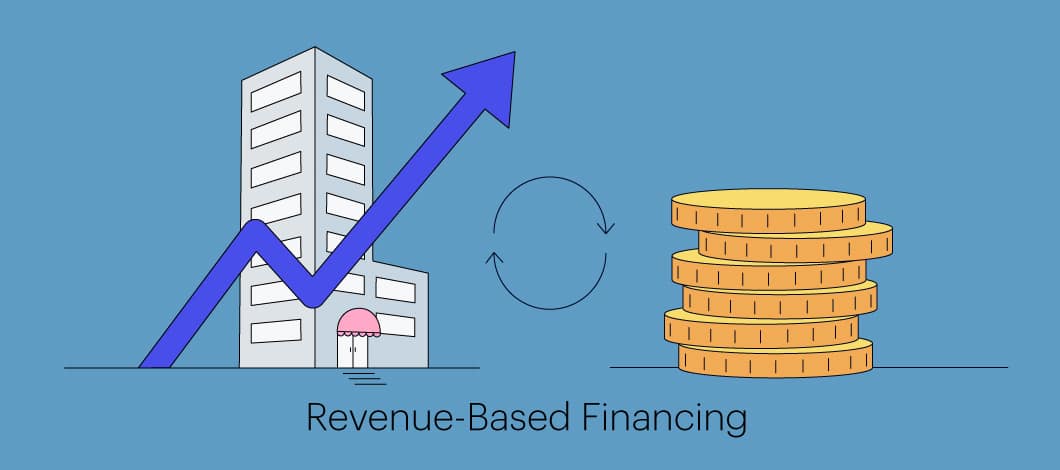When embarking on the journey of securing a small business loan, the spotlight often shines on the interest rate—the notorious number that impacts your monthly payments. However, there’s a hidden side to loans that demands equal attention: the terms. In this article, we delve into the world of small business loan terms and how they wield a considerable influence over your business’s financial landscape.
Navigating Small Business Loan Terms
Small business loans can be a lifeline for growth, offering the capital needed to expand, innovate, and thrive. Yet, the terms associated with these loans often play a more significant role in shaping your financial trajectory than you might realize.
Understanding Real Rates
The interest rate, often referred to as the real rate, isn’t always as transparent as it seems. It’s essential to grasp the complexities that underlie this seemingly simple number. Real rates encompass various factors beyond the base interest rate, such as origination fees, closing costs, and other charges.
Unveiling the Complexities of Real Rates
Impact on Business Finances
The real rate’s impact extends far beyond the initial loan application. These hidden costs can significantly affect your business’s finances, often resulting in higher overall expenses than anticipated. Being aware of the true cost of borrowing is crucial for making informed financial decisions.
The Hidden Factors
Loan Terms extend beyond interest rates. Many borrowers are blindsided by additional fees and charges that are tucked away in the fine print. These hidden factors can include origination fees, prepayment penalties, and late payment charges, which can accumulate over time and impact your business’s cash flow.
Digging Deeper into Loan Terms
It’s not enough to skim the surface of loan terms. Entrepreneurs need to roll up their sleeves and dig deeper to understand the nuances of the terms they’re agreeing to. By dissecting each clause and understanding its implications, you can avoid unwelcome surprises down the road.
The Ripple Effect
Loan terms have a ripple effect that extends throughout your business operations. From day-to-day decisions to long-term strategies, the terms you agree to can shape how your business navigates its financial journey.
How Loan Terms Affect Business Decisions
The terms of a loan can influence crucial business decisions, such as expansion plans, investment opportunities, and staffing decisions. When monthly payments and repayment schedules are at stake, you must carefully consider how these terms align with your growth objectives.
Long-Term Implications
Beyond immediate decisions, small business loan terms can have lasting repercussions on your business’s financial health. Long-term implications can include the overall cost of the loan, the impact on your credit profile, and even the flexibility to pursue future opportunities.
The High Risk Equation
In the realm of high risk lending, loan terms take on added significance. Balancing risk and reward becomes paramount, and understanding the terms can mean the difference between success and financial strain.
Loan Terms in High Risk Lending
High risk lending often involves terms that reflect the higher level of risk associated with these loans. Interest rates may be higher, and repayment schedules may be more stringent. It’s crucial for businesses in high risk scenarios to carefully evaluate the terms and weigh the potential benefits against the inherent risks.
Short Term vs. Long Term
The debate between short term and long term loans is a critical consideration. Each option comes with its own set of advantages and drawbacks that can impact your business’s financial stability and growth trajectory.
Pros and Cons of Short Term Loans
Short term loans offer quick access to funds and a faster path to repayment. However, the trade-off is often higher monthly payments. These loans are suitable for businesses with immediate needs but require careful planning to ensure the business can handle the financial strain.
Long Term Sustainability
On the other hand, long term loans provide lower monthly payments but can result in higher overall costs due to extended interest payments. These loans are better suited for businesses with more extended growth horizons and the ability to manage consistent payments over time.
Crafting Favorable Terms
Negotiating Loan Terms
While lenders provide their initial terms, they aren’t always set in stone. Entrepreneurs have the power to negotiate terms that align with their business goals and financial capabilities.
Strategies for Business Success
Negotiating favorable loan terms involves thorough research, clear communication, and a willingness to walk away if the terms don’t align with your business’s needs. It’s essential to approach negotiations strategically to secure terms that empower your business’s growth.
The Flexibility Factor
Flexibility in loan terms can make a world of difference, especially in a rapidly changing business landscape. The ability to adapt loan terms to suit changing market conditions can be a lifesaver for businesses.
Adapting to Market Changes
In a dynamic business environment, market conditions can shift unexpectedly. Loan terms that offer flexibility in repayment schedules, interest rates, and prepayment options provide businesses with the agility to adapt to market changes and seize emerging opportunities.
Navigating Loan Jargon
The world of loans comes with its own set of jargon and terminology that can be daunting for small business owners. Understanding these terms is essential for making informed decisions and ensuring transparency in your borrowing journey.
Deciphering Complex Loan Terminology
Loan contracts are often filled with legal and financial terminology that can be confusing for the average business owner. Taking the time to decipher these terms or seeking professional advice can prevent misunderstandings and ensure you’re fully aware of what you’re agreeing to.
Ensuring Clarity
Clarity in loan terms is paramount. If you encounter terms or clauses that you don’t understand, don’t hesitate to seek clarification from your lender. It’s in everyone’s interest to ensure that you have a clear understanding of the terms before signing the dotted line.
Expert Insights
Perspectives from Financial Experts
In the intricate world of small business lending, insights from financial experts can provide valuable guidance. We reached out to industry professionals to gather their perspectives on the significance of loan terms and how businesses can navigate them effectively.
Advice for Informed Decisions
Financial experts emphasize the importance of thoroughly researching loan terms, seeking professional advice if needed, and negotiating terms that align with your business goals. By taking a proactive approach, small business owners can make informed decisions that set the stage for financial success.
Conclusion
Small business loan terms are more than just contractual agreements; they’re the threads that weave through the fabric of your business’s financial landscape. As you navigate the complexities of borrowing, remember that understanding loan terms and their implications is just as crucial as securing a favorable interest rate.
In a world where every business decision has a financial impact, small business owners must approach loan terms with diligence and insight. By unraveling the complexities, negotiating strategically, and embracing flexibility, you can position your business for a future of growth and financial resilience.
FAQs
1. Why are loan terms important for small businesses?
Loan terms dictate how loans are repaid, impacting cash flow and business decisions. Understanding these terms is vital for financial planning.
2. What are hidden factors in loan terms?
Hidden factors can include origination fees, prepayment penalties, and other charges that impact the overall cost of borrowing.
3. Should I choose short term or long term loans?
The choice depends on your business’s needs and financial stability. Short term loans offer quicker repayment but higher payments, while long term loans offer lower payments but extended interest costs.
4. Can I negotiate loan terms?
Yes, negotiating loan terms is possible. Research, clear communication, and a strategic approach are essential for successful negotiations.
5. Why is flexibility in loan terms important?
Flexibility allows businesses to adapt to market changes and seize opportunities without being hindered by rigid repayment schedules.






